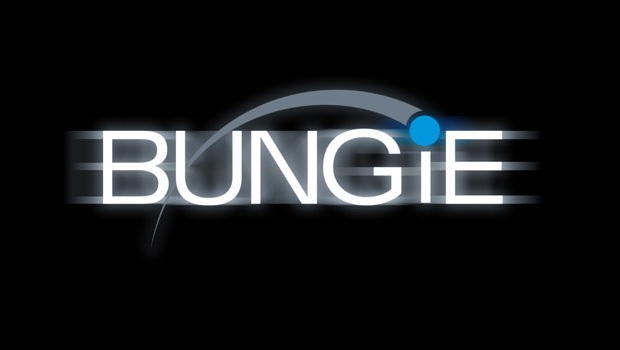[Update: Bungie has just stated they are still hard at work on their new project and they have confirmed that they will “See you starside in 2013.”]
The LA Times has posted today the entire publishing contract that Bungie Studios and Activision signed back in 2010. Released in the ongoing legal dispute between former Call of Duty devs Jason West and Vincent Zampella and Activision, it lays out quite a bit of information about what the notoriously secret development house has planned in the coming years.
Unsurprisingly, Activision will have Bungie releasing four “sci-fantasy action shooter games” under the code-name “Destiny”, and the agreement describes a publishing schedule whereby full title releases will arrive every other year, with the games each receiving a large expansion (referred to in the document as a “Comet”) in the year following their release starting fall 2014. The first game is planned to be released on both the Xbox 360 and the next Xbox, while PS3 development remained uncertain, pending feasibility analysis which would have made that decision in March 2011. The second title is intended for the next generation Xbox and PlayStation as well as the Xbox 360 and PC.
It’s been known that Bungie was able to secure the creative rights to their new IP, but there were a couple of intriguing aspects related to that part of the deal in the contract. If Activision hypothetically wanted to port one of the games to another platform, they first have to see if Bungie wants to handle the development. If not, they then can turn around and develop it internally at Activision, or hire out a Bungie-approved third party to do it. Interestingly, Valve, Gearbox, and Epic Games were specifically named in the contract as not considered by Bungie to be acceptable developers (unless Activision should obtain a whole or majority-stake in those companies).
Even though Bungie retained the creative control of their new IP, it sounds like Activision gets some control over the inner-workings at Bungie. From the period between when the contract was signed and the release of the DLC for the second “Destiny” game, Activision has to approve of mergers, board changes, etc. at the developer.
Other details include that the new IP is targeting a Teen rating from the ESRB (PEGI-16 in PEGI regions), and that Bungie will take responsibility for the servers again (for at least three years after release). If Bungie stays on-time/budget — something that has been difficult for them in the past — Activision will give them a $2.5 million bonus each quarter, and $2.5 million for a “quality bonus” if the games receive scores of 90 or better on GameRankings.
Another surprising part of the contract states that Bungie was allowed to devote 5% of its team and no more than 5% of its budget to a prototype Marathon sequel at the very start. The amount of resources they can apply to the project scales up over time, provided they hit benchmarks in Destiny-related revenue. Those resources can not only be used on a prototype Marathon, but any other side projects they wish to pursue. That’s not a confirmation that a new Marathon game is coming, but it certainly signals that they’re kicking around the idea over there.
The contract also offers Activision an escape hatch, provided “Destiny Game #1” doesn’t sell 5,000,000 units in its first six months of release. If it does reach the 5M mark, Activision will be committed to “Destiny Game #2” and its DLC, at the very least. After that expansion pack for the second release, the floodgates open and Activision is no longer contractually obligated to any more releases for the new IP and can back out at any time for any reason.
The agreement also reveals the level of faith Bungie had in Halo: Reach, still in production as of the time Activision and Bungie were negotiating this deal. If it hadn’t been a huge success, Activision could have ended the deal right there with a provision which allowed them to back out should Reach fail to meet expectations. Bungie had to at least sell 6,000,000 units and achieve at least an 80 on GameRankings in Reach‘s first six months of release. Good thing it did.
Activision Bungie contract unsealed in Call of Duty case [LA Times]


